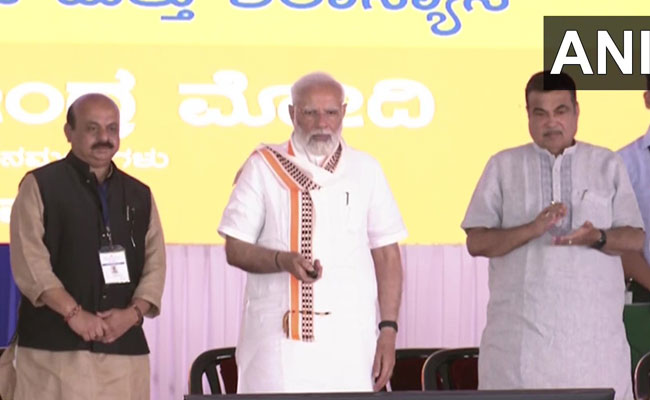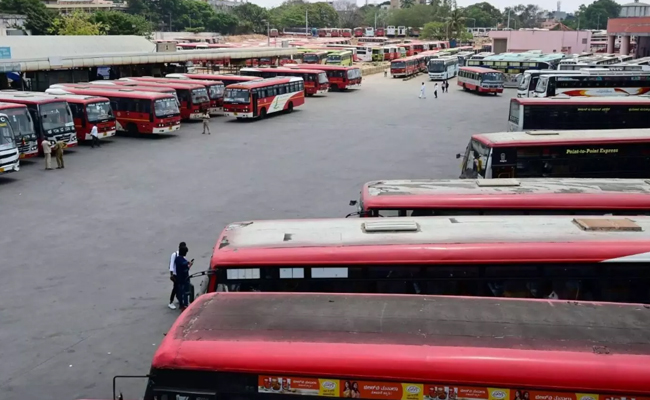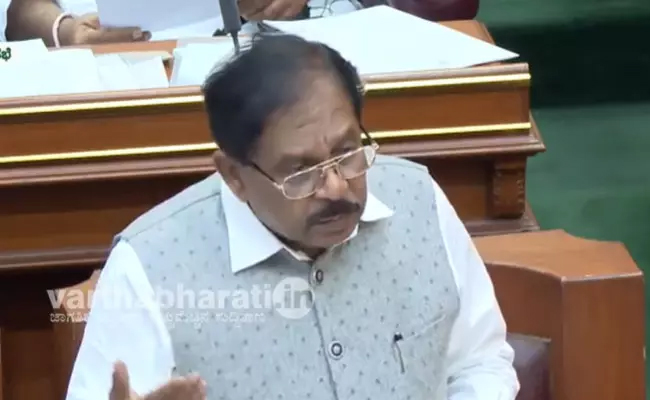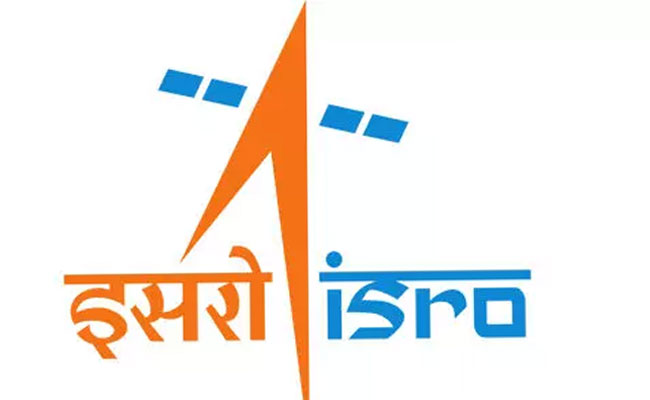Maddur (PTI): Prime Minister Narendra Modi on Sunday inaugurated the 118 Km long Bengaluru-Mysuru Expressway project here.
It will reduce the travel time between the two cities from around three hours to about 75 minutes, according to officials.
The Rs 8,480 crore project involved six-laning of the Bengaluru-Nidaghatta-Mysuru section of NH-275 and will act as a catalyst for socio-economic development in the region, they said.
The Prime Minister also laid the foundation stone for Mysuru-Kushalnagar 4 lane highway.
Spread over 92 Km, the project will be developed at a cost of around Rs 4130 crores. The project will play a key role in boosting connectivity of Kushalnagar in Kodagu district with the state capital Bengaluru and will help halve the travel time from about five hours, officials said.
Earlier on Sunday, Modi held a massive road show in the district headquarter city of Mandya, waving at a large number of enthusiastic crowd, who had lined up on both sides of the route, as the ruling BJP is focusing on winning a good number of seats in Old Mysuru region, where it is traditionally weak.
Let the Truth be known. If you read VB and like VB, please be a VB Supporter and Help us deliver the Truth to one and all.
Bengaluru: The Karnataka State Road Transport Corporation will operate 1000 additional special services in view of the Christmas festival.
In addition to the existing schedule, the special services will run on 19.12.2025, 20.12.2025 and 24.12.2025. Further, special buses will be operated from various places of intra & Interstate places to Bengaluru on 26.12.2025 & 28.12.2025.
Special buses will be exclusively operated from Bengaluru Kempegowda Bus Station to Dharmastala, Kukkesubramanya, Shivamogga, Hassan, Mangaluru, Kundapura, Shringeri, Horanadu, Davangere, Hubbali, Dharwad, Belagavi, Vijayapura, Gokarna, Sirsi, Karwar, Raichur, Kalaburagi, Ballari, Koppala, Yadgir, Bidar, Tirupathi, Vijayawada, Hyderabad and other places.
ALSO READ: Bengaluru: Shopkeeper stabbed for refusing to serve free panipuri
Special buses from Mysuru Road Bus Station will be exclusively operated towards Mysuru, Hunsur, Piriyapatna, Virajpet, Kushalanagar, Madikeri.
The corporation has also announced a discount of 5 per cent on the fare if four or more passengers book tickets under a single reservation. A discount of 10 per cent will be extended on return journey tickets if onward and return tickets are booked simultaneously.
In addition to the above, special buses will be operated from all Taluk/District Bus Stands in the jurisdiction of KSRTC based on the traffic needs.





